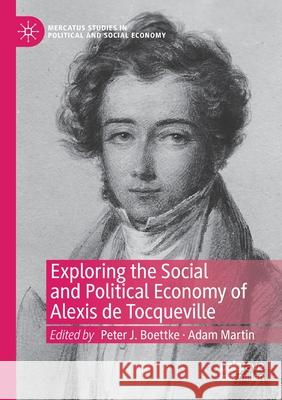Exploring the Social and Political Economy of Alexis de Tocqueville » książka
topmenu
Exploring the Social and Political Economy of Alexis de Tocqueville
ISBN-13: 9783030349394 / Angielski / Miękka / 2021 / 291 str.
Exploring the Social and Political Economy of Alexis de Tocqueville
ISBN-13: 9783030349394 / Angielski / Miękka / 2021 / 291 str.
cena 563,56
(netto: 536,72 VAT: 5%)
Najniższa cena z 30 dni: 539,74
(netto: 536,72 VAT: 5%)
Najniższa cena z 30 dni: 539,74
Termin realizacji zamówienia:
ok. 16-18 dni roboczych.
ok. 16-18 dni roboczych.
Darmowa dostawa!
Kategorie:
Kategorie BISAC:
Wydawca:
Palgrave MacMillan
Seria wydawnicza:
Język:
Angielski
ISBN-13:
9783030349394
Rok wydania:
2021
Wydanie:
2020
Numer serii:
000961679
Ilość stron:
291
Waga:
0.36 kg
Wymiary:
21.01 x 14.81 x 1.63
Oprawa:
Miękka
Wolumenów:
01
Dodatkowe informacje:
Wydanie ilustrowane











